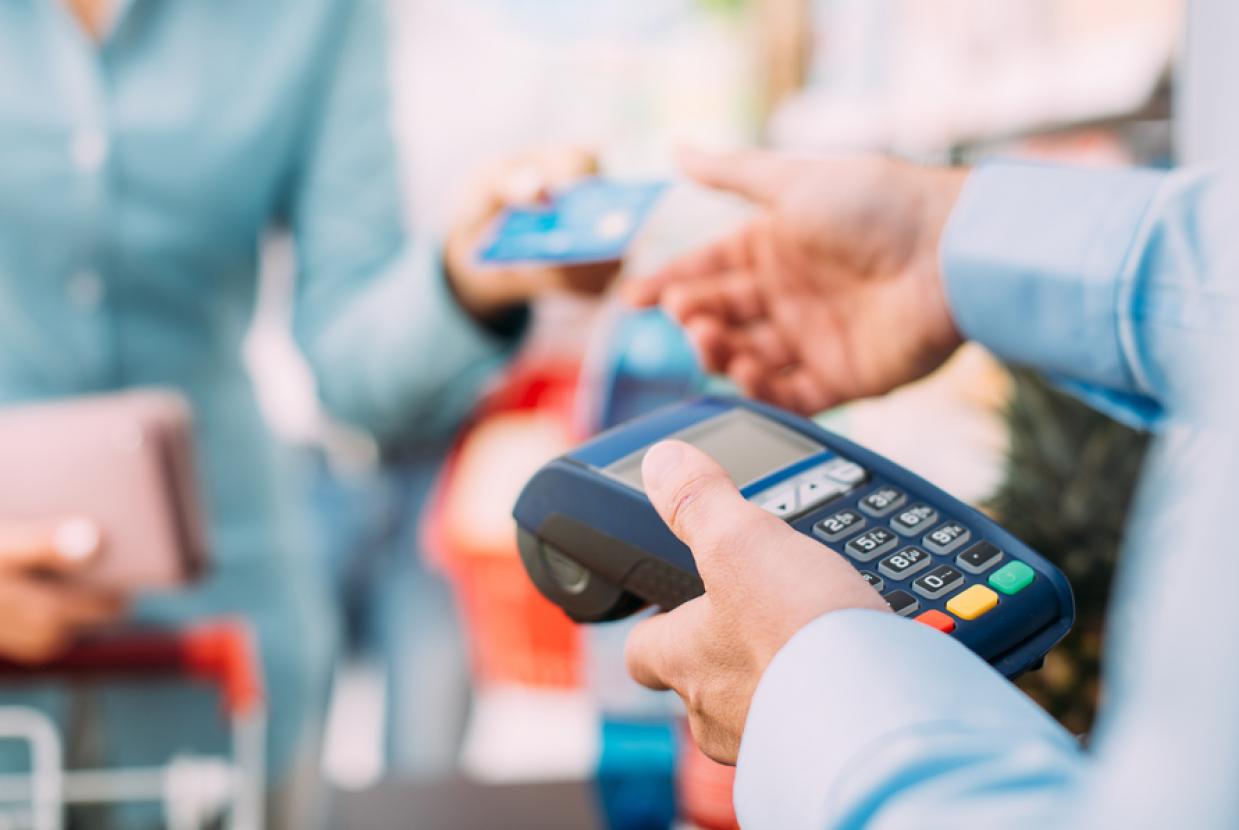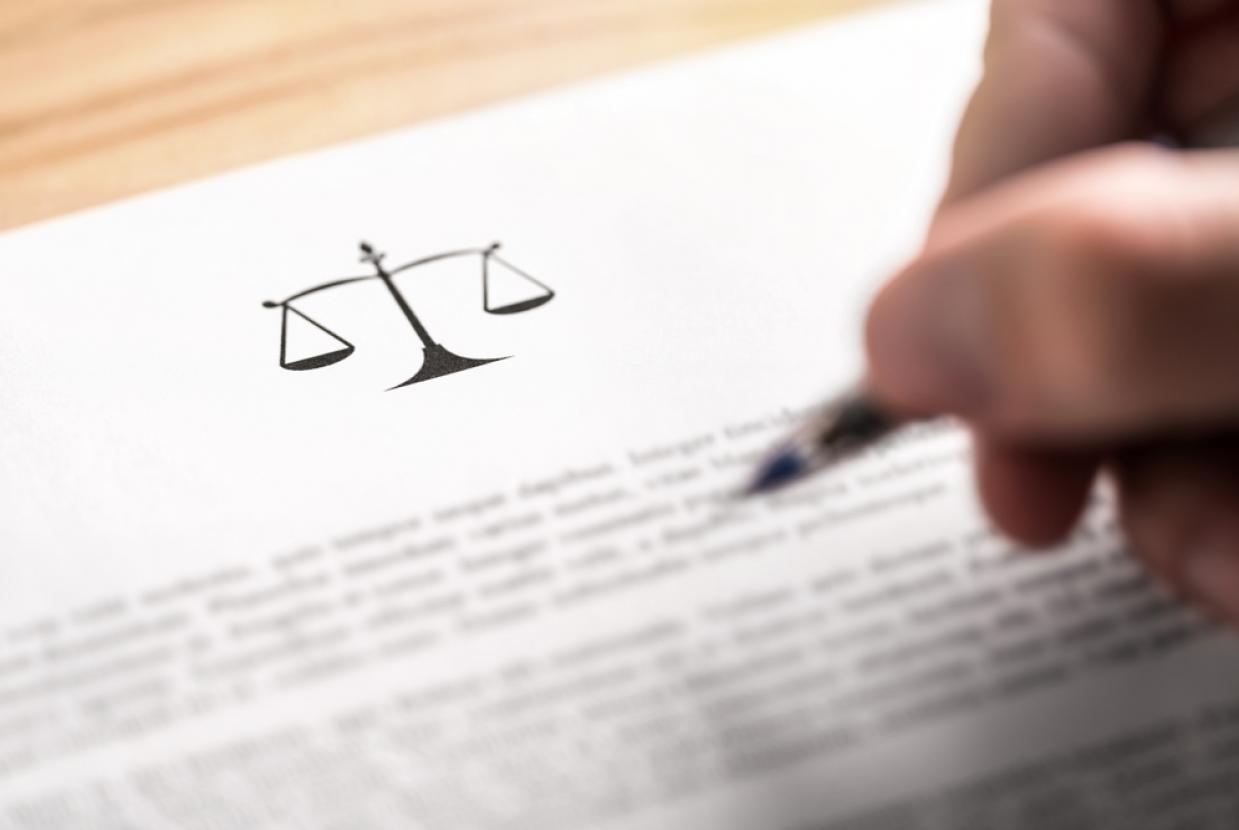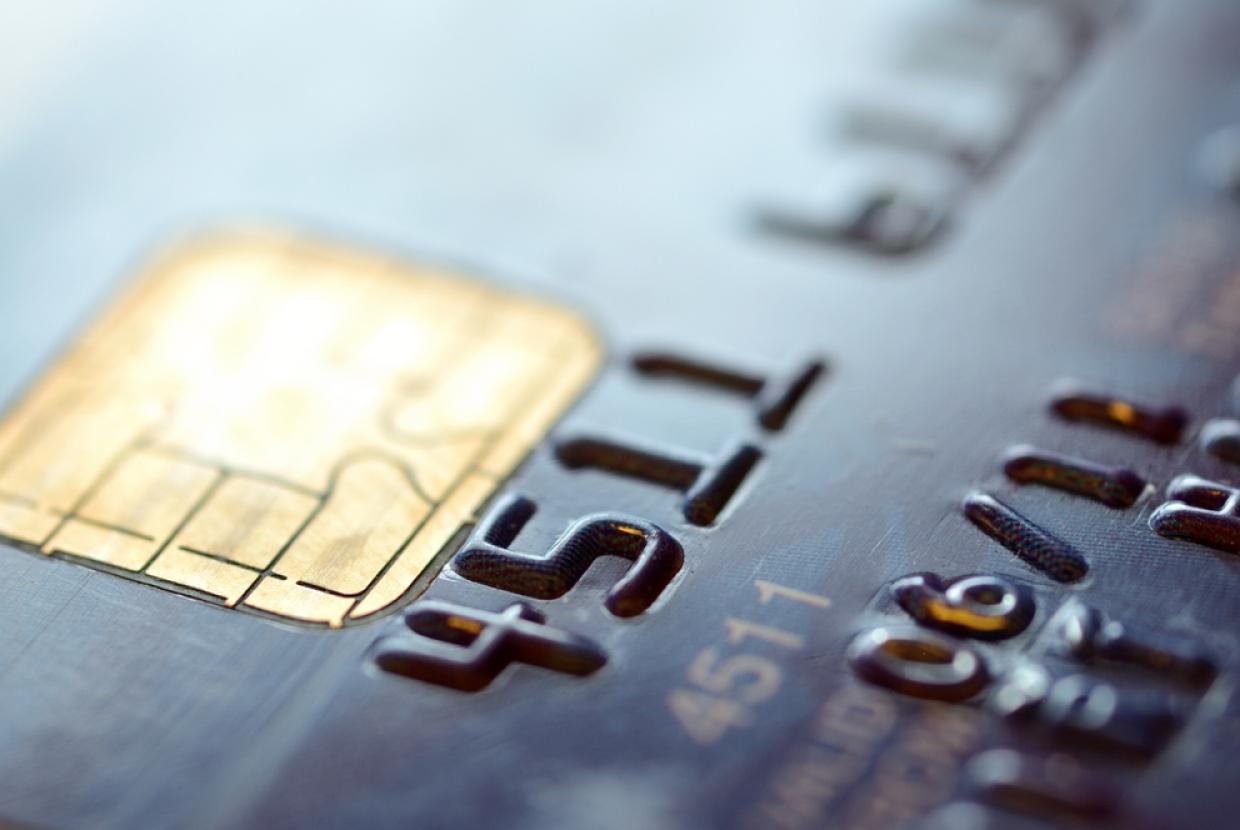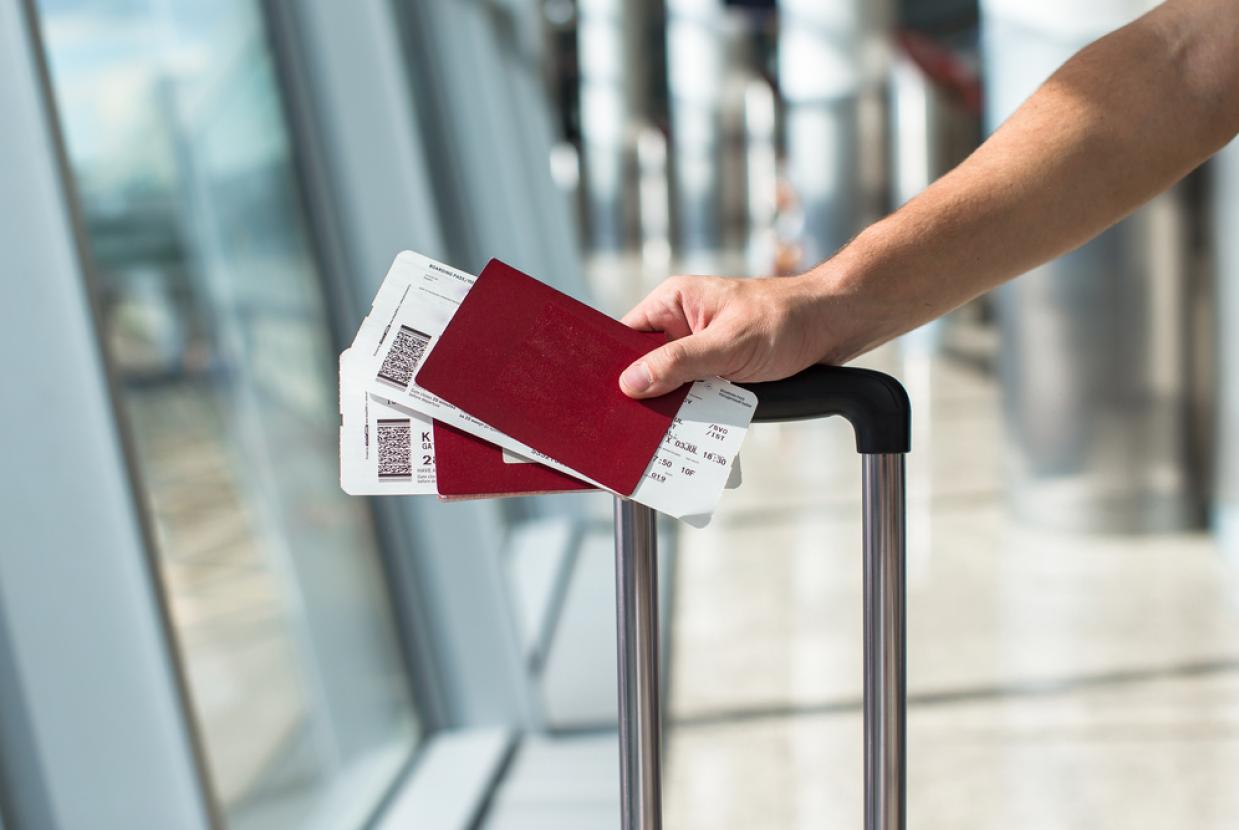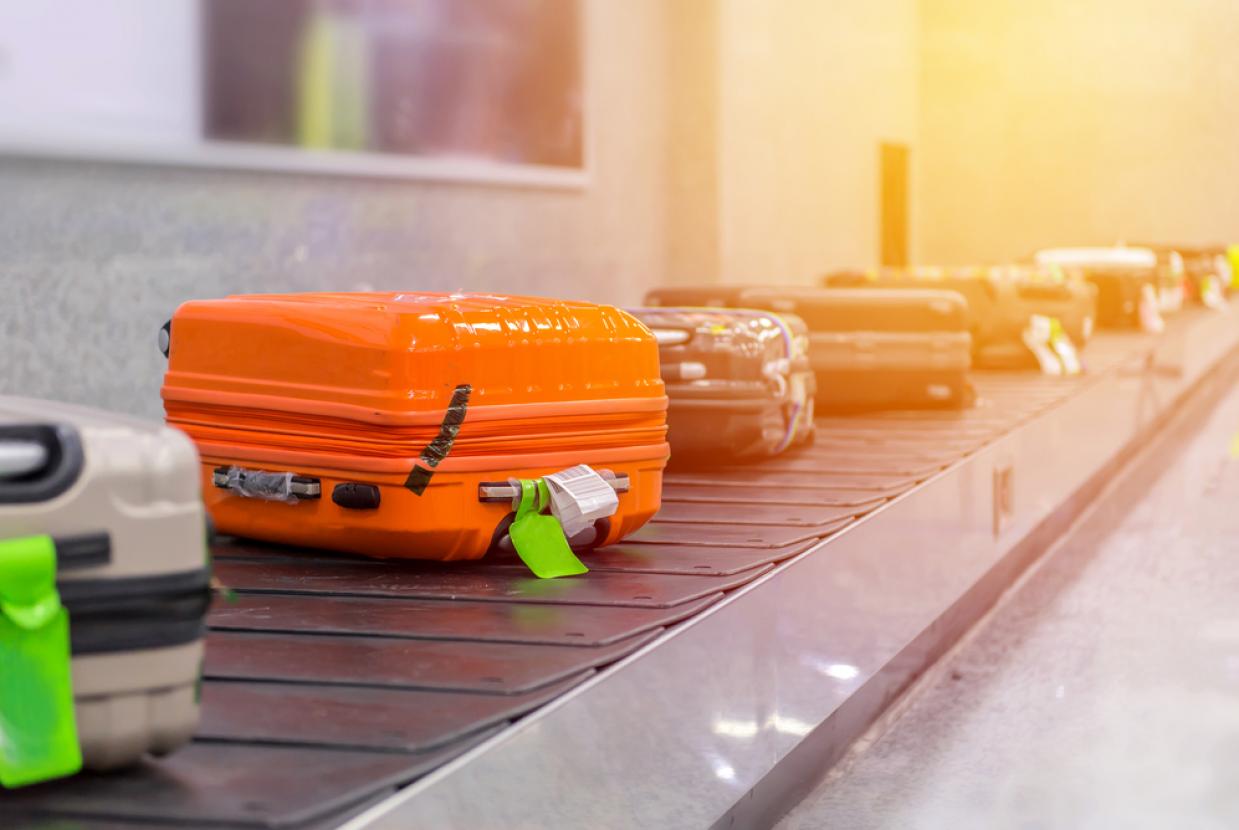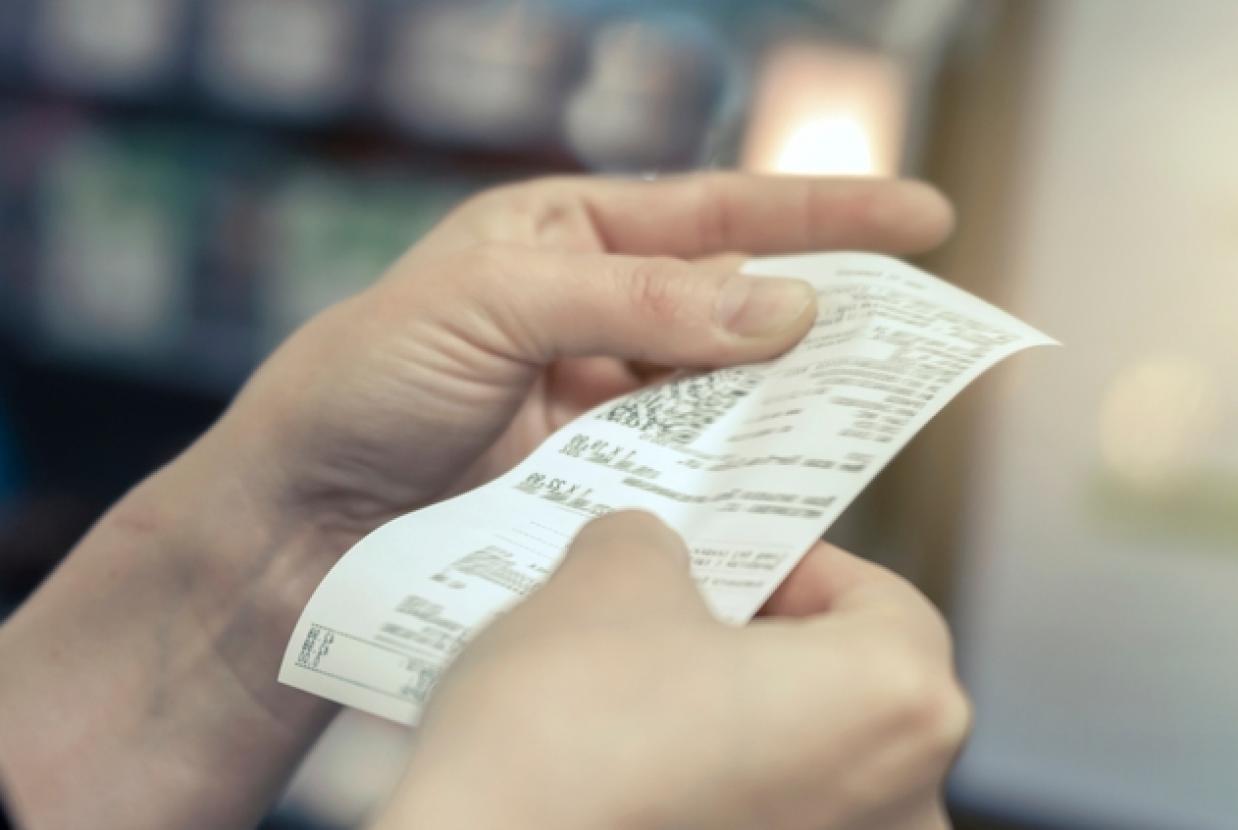Shopping
Find out about your rights when shopping, this includes shopping online, paying by credit card, misleading prices, credit notes and gift vouchers.
Buying goods and services
Your consumer rights when buying goods and services are protected by law. It makes it clear what should happen when goods are faulty, or when services are not carried out with reasonable care and skill.
Misleading prices
Retailers must display the prices of their goods. The displayed price should be the price you pay. Any other information about the price, for example, a comparison with a previous price, must be true. It is a misleading price if the price or any information about the price is wrong. It is a criminal offence for a retailer to display or give you a misleading price.
Below are examples of misleading prices:
- a supermarket shelf edge label shows the price as £1.00 but at the check-out you are charged £1.10 - although this may give rise to a criminal offence, legally the seller does not have to sell you the product at the lower price
- the label says 'RRP £149.99 - Our Price £99.99' but the RRP is only £99.99
- the price is described as a 'Special introductory offer' but the same price is charged after the introductory period is over
- you see an item marked 'was £10.99, now £8.99' but the item had never been on sale at the higher price in that shop, or any other branch
- a repairman quotes you a price to fix an appliance in your home but when you receive the final bill it includes a call-out charge which was not included in the original quotation
Sometimes a trader may make a genuine mistake and put the wrong price on an item. For example, a coat which they intend selling at £99.99 may have been marked at £9.99
In such a situation you don’t have the right to insist the trader sells you the coat at the marked price. If you notice a misleading price you should highlight it to the shop or business or customer service section in a chain. You can also contact Consumerline:
- Contact Consumerline to make a complaint or ask for advice
Online shopping
More people now have access to the internet, and as a result, internet shopping is increasing. While the internet can be an easy way to do your shopping, you need to take some precautions when shopping on the web.
If you buy anything on the internet from a seller in the UK, you're protected by the same laws that apply to goods and services bought from shops or other local suppliers. Any goods you buy have to be:
- of satisfactory quality
- as described
- fit for purpose
Services must be carried out with reasonable skill and care, within a reasonable time and at a reasonable charge, if no charge is agreed before.
The Consumer Contracts Regulations 2013 help by giving you the right to receive clear and comprehensive information about the goods or service before deciding to buy. These include:
- the supplier's name and address
- the price including taxes and 'hidden' costs
- delivery costs and arrangements
- how you can pay
- Consumer Contracts Regulations 2013
You must also be told that you have the right to cancel.
When you have placed an order you should get written confirmation of this information - fax, email or letter. This should also include information about how you can cancel the order and by when.
You have 14 calendar days from the date of delivery to change your mind and return the goods. However, there are some types of order you cannot cancel, for example:
- customised goods
- perishable items
- concert or event tickets
- accommodation or travel bookings
You also lose your right to cancel if you remove the wrapping from goods sealed for hygiene reasons or to prevent copying, for example CDs or DVDs.
The seller must deliver the goods or services within 30 days unless you agree something else. If this doesn't happen you must be refunded within 30 days.
Before you buy online
If you are buying online, you should:
- make sure you have the supplier's real contact details - such as a full geographic address and phone number
- check how unsuitable or faulty goods are to be returned and who has to pay that cost
- make sure that the delivery charge is included in the price
- make sure that the delivery charge includes delivery to Northern Ireland
If an online shop charges extra for delivering to Northern Ireland, they must make this clear to you before you buy.
Protect yourself against 'phishing', where fraudsters try to trick you into revealing information. Don't click on email links to your favourite shop as they may take you to a fake version of the website. Always type the shop's address in the browser.
Paying by credit card
Most internet buyers are asked to pay by credit card. Some people may be worried about giving their credit card details by email, but the risk is probably no greater than giving your details over the phone. Responsible traders will normally have anti-fraud measures built into their systems.
Safe websites usually have a website address that begins ‘https’. They may also display a padlock symbol within the window frame of Internet Explorer – don’t be fooled by a padlock on the web page itself as it’s easy for conmen to copy the symbol.
You can also double click on the padlock symbol and check that the certificate is not out of date and the name on it matches the company behind the website. Be aware that these symbols may not appear until you start the payment process.
Added protection
Paying by credit card gives you added protection for goods costing over £100 but no more than £30,000. If your goods are faulty or fail to arrive you can claim against your credit card provider if the website company ignores your requests. To avoid paying interest try to pay off the amount in full when you get your credit card bill.
Many websites use online payment processors such as PayPal, Google Checkout or WorldPay. The law in this area is not certain, so if a problem arises with the goods or services it is unlikely that you will be able to claim against the credit card company as the payment does not go directly from the company to the seller.
Online payment processors have their own payment protection arrangements but these may not fully cover everything you have bought so read their terms and conditions carefully.
The Consumer Credit Act also give you the right to a refund of all the money taken through fraudulent use of your credit or other payment card.
Gift cards and vouchers
Gift cards and vouchers are useful presents but can be limited by expiry dates and only valid to spend in certain shops. You might not be able to use a voucher in a shop where the ownership changes.
Expiry dates
Make sure that you are aware of the voucher’s expiry date. It should be displayed on the voucher or the trader’s website, instore leaflets and posters.
Expiry dates vary. Some shops give you six months to redeem your voucher. A gift token you received at Christmas will not be valid the following July.
Other shops have flexible "no expiry" vouchers. They may be willing to extend the expiry date if requested. Even if the voucher doesn't state an expiry date, this doesn't mean the shop has an open ended expiry policy.
Part used vouchers
It is up to you to use the full value of the voucher in one transaction. Unless the terms and conditions of the voucher state that change will be given, you don’t have the right to get change.
Lost vouchers
Keep the voucher safe the same way you look after cash or a bus ticket. If you lose a gift voucher, the shop doesn't have to replace it.
Gift cards
You can often "recharge" a gift card by buying more credit. The disadvantages with gift cards are:
- minimum spend rules
- expiry dates
- unused credit
- more credit is needed to reactivate
If the shop owner changes
If you have a voucher for a shop where the owner changes, the new owner isn’t obliged to honour the voucher. The new owner might not have purchased the previous owner’s liabilities.
If the shop closes down
When a shop closes down the voucher becomes a debt the company has not paid. You become an "unsecured creditor".
If a liquidator is appointed to wind up the company, you must register your claim with this official. It will be difficult to get the voucher’s value as your claim will only be considered after secured creditors’ claims.
Credit notes
When you return faulty goods, you do not have to accept a credit note.
Many shops give a credit note as a goodwill gesture, for instance if you change your mind about something you bought.
If a shop gives you a goodwill credit note, the shop can restrict how and when you use the credit amount:
- you might need to use the credit note within a month, 12 months or other time limit
- you may only be able to use the credit note for non-sale items
You should be told any restrictions when you are given the credit note and not later when you want to use it. It is best if restrictions are written on the credit note.
Weights and measures
Many everyday goods including food, petrol, coal and alcoholic drinks are sold by weight or measure. Your consumer rights are protected by law which covers the sale of goods by weight or measure and the weighing or measuring equipment used.
In licensed premises there are weight and measure controls. For example:
- draught beer and cider can only be sold in certain quantities - one third, half pints or multiples of half pints
- gin, rum, vodka and whiskey must be sold in quantities of 25ml or 35ml, or multiples of these quantities
- still table wine sold by the glass must be sold in quantities of 125ml, 175ml or in multiples of these quantities
It is a criminal offence for a trader to sell short weight or measure.
Trading Standards inspectors regularly check weighing and measuring equipment, such as petrol pumps and shop scales, to make sure you get the right quantity when you buy.
If you think you have been sold short weight or short measure, talk to the seller. Show your evidence. An unopened package will be more persuasive than one already opened. Remind the seller that it is an offence to sell short weight or measure.




